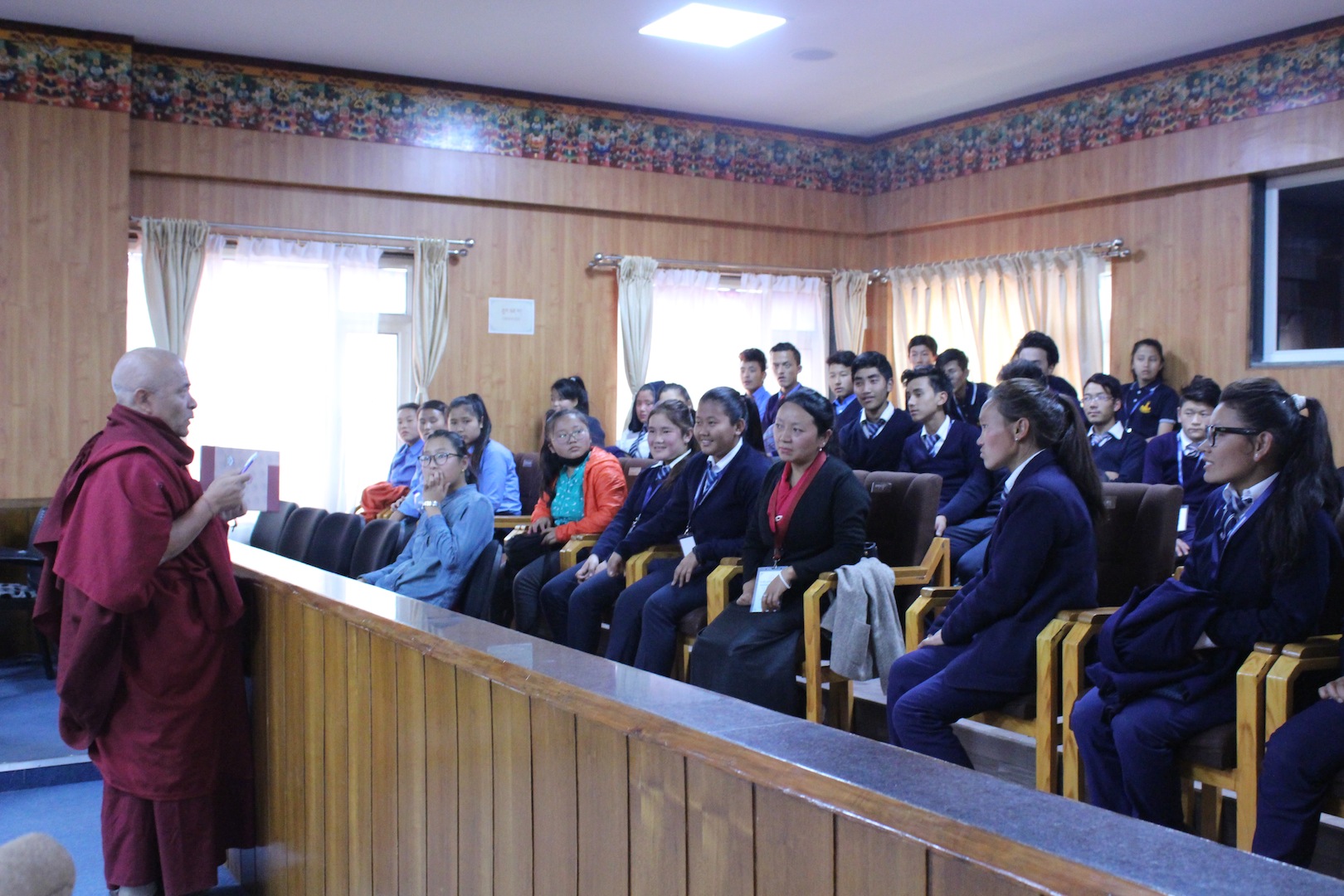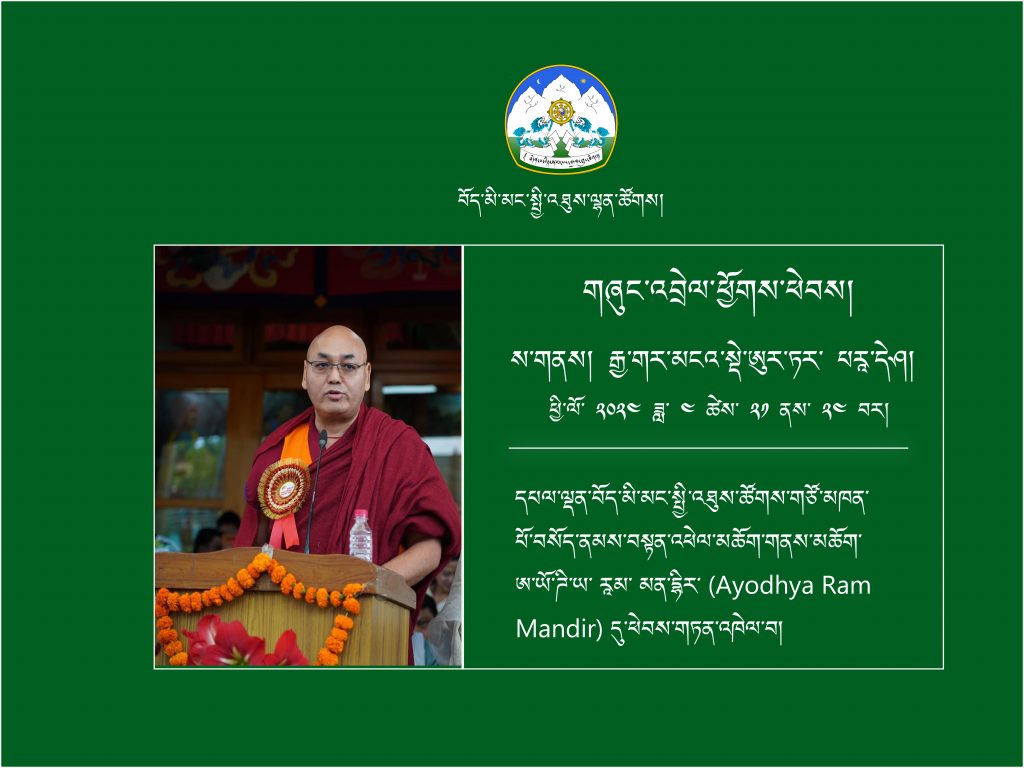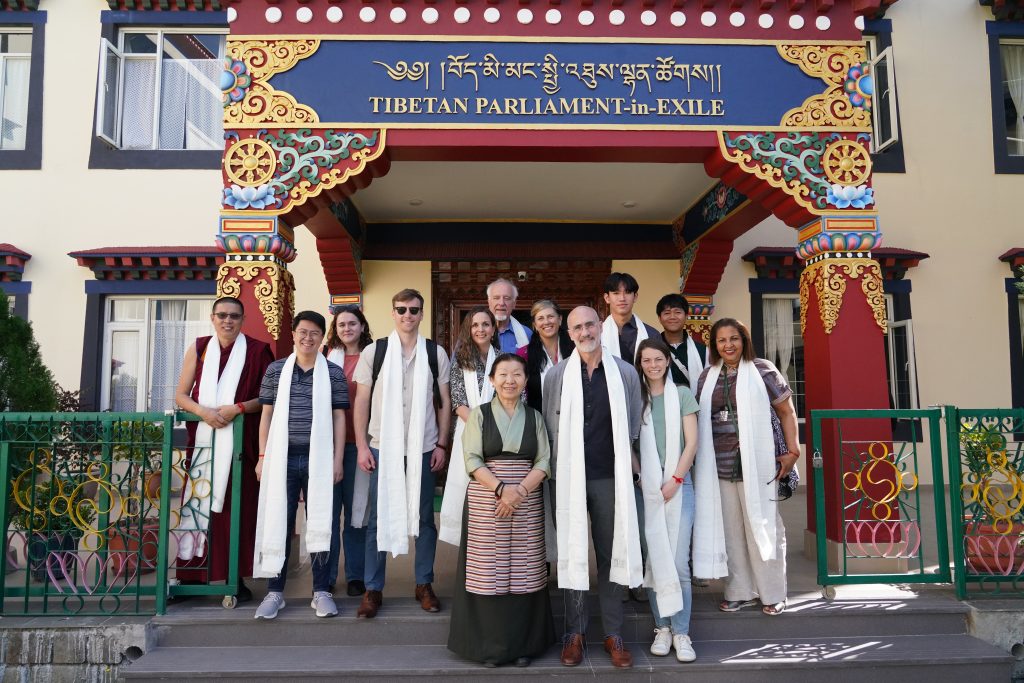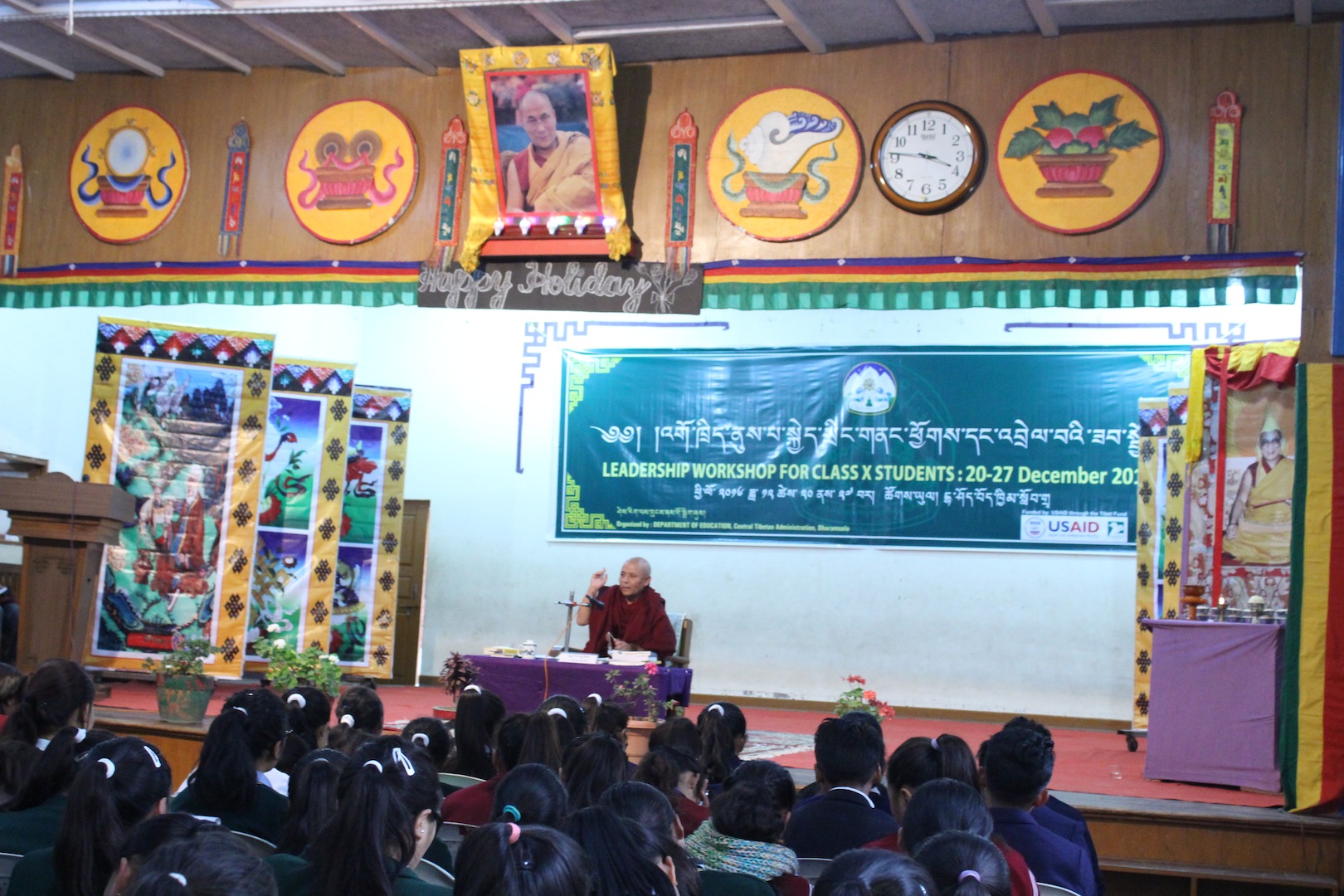
DHARAMSHALA: “The Tibetan people owes its gratitude to His Holiness the Dalai Lama for the vibrant Tibetan democratic system that its enjoys. It is only because of His Holiness the Dalai Lama’s years of strenuous study of global politics and democratic rights which led to the advancement of Tibetan democracy in exile,” Acharya Yeshi Phuntsok, Deputy Speaker of the Tibetan Parliament-in-Exile, told a gathering of students attending the annual Leadership Workshop for class X students on 20 December 2016.
The leadership workshop, organised annually by the Department of Education to foster leadership qualities in Tibetan students, is being attended by over 300 students from 30 schools across India. It will conclude on 27 December.
In his address, Deputy Speaker reiterated that the democratisation of the Tibetan administration has long been an aspiration of His Holiness since he assumed both the spiritual and temporal leadership of Tibet at the tender age of sixteen.
He also explained the evolution of Tibetan democratic polity in exile and noted that the process endured several stages to evolve itself to its existing status. He categorised the evolution of Tibetan democratic form of administration into four phases; from 1960-1990, 1991-2000, 2001-2011 and 2011-2016.
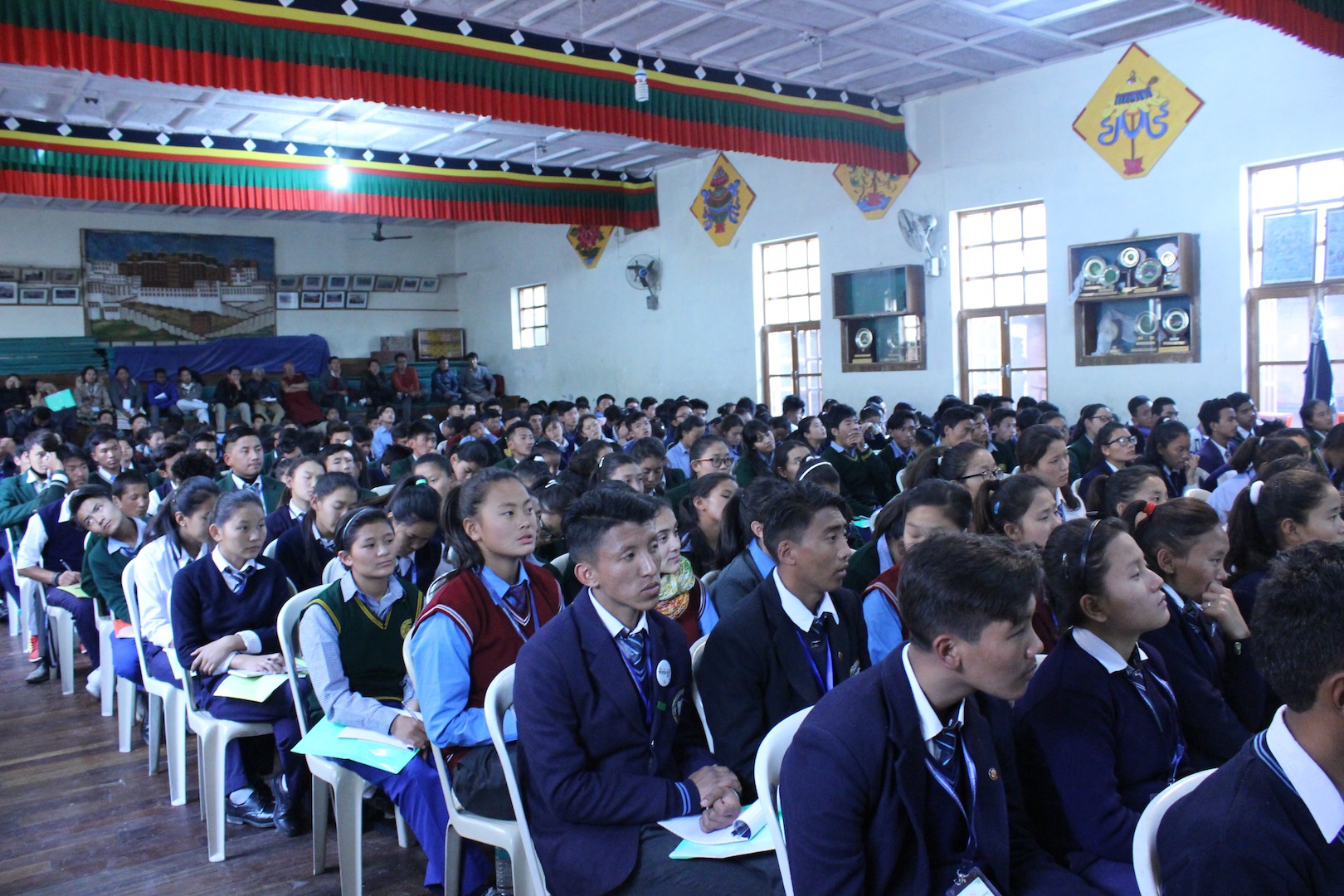
“In 1960 as envisaged by His Holiness in setting up an elected body with three exile representatives each from the three provinces and one each from the four religious schools of Tibetan Buddhism – 13 representatives were elected and designated as “The Commission of Tibetan People’s Deputies (CTPD).”
“In early 1990s, in accordance to drive the system closer to the core of democracy, His Holiness appointed a Charter Review Committee to draft a democratic Charter for Tibetans-in-Exile and also recommended to increase the strength of the Tibetan Parliament.”
“In 2001 the Tibetan Parliament in Exile, on the advice of His Holiness the Dalai Lama, had direct election of Kalon Tripa – the highest executive authority.”
“In 2011, in a historic development in the Tibetan democratic polity, His Holiness the Dalai Lama devolved the entire political authority to an elected Tibetan leadership,” he said.
He further mentioned that the current 16th Tibetan Parliament-in-Exile comprised of 45 members; ten representatives each from the three traditional provinces, two members each from the five religious schools, two representatives each from Tibetan communities in Europe and North America and one from Tibetans in Australasia.
“I personally observe that the Charter for Tibetans-in-Exile entails more than 29 unique characteristics including the completion of electing the Sikyong (political leader) and Tibetan Parliamentarians in a single day all over the world. The election consists of two stages: the preliminary election and the final election. Every Tibetan above the age of 18 is eligible to vote and choose their preferred candidate for the parliament and for the post of Sikyong, “he added.
The students met Deputy Speaker Acharya Yeshi Phuntsok again on 21 December during their visit to the parliamentary secretariat. During the brief visit, Deputy Speaker interacted with the students and spoke to them about the parliament’s roles, responsibilities and functions.
